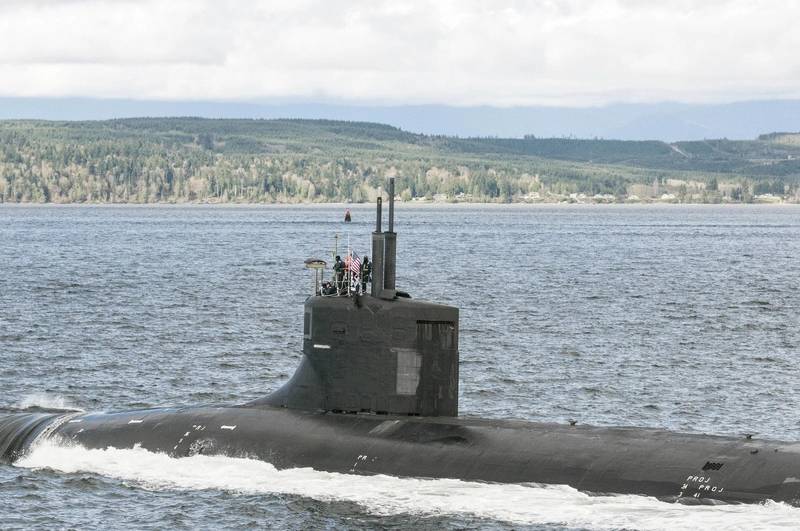The Legacy of President Jimmy Carter
President James Earl “Jimmy” Carter passed away on December 29, 2024, at the age of 100.
President Carter’s journey began at the U.S. Naval Academy where he graduated with distinction in 1946. He served in the Navy on various assignments, including submarine duty, before being selected by Admiral Hyman G. Rickover for the nuclear-powered submarines program.
His path led him to become the engineering officer for USS Seawolf (SSN-575), a pioneering nuclear submarine. However, a personal tragedy led Carter to resign from the Navy in 1953 to manage his family’s affairs in Georgia.
Despite leaving the Navy, Carter’s legacy in the military lives on through the Seawolf-class submarine USS Jimmy Carter (SSN-23), named in his honor.
Jimmy Carter, a peanut farmer from Georgia, rose to become the 39th President of the United States in 1977. His presidency was marked by achievements such as the Camp David accords and the Nobel Peace Prize for his humanitarian work.
While facing challenges like economic recession and the Iran hostage crisis, Carter’s dedication to peace and diplomacy shone through. His efforts in the Middle East and advocacy for human rights earned him respect globally.
After leaving office, Carter continued his work as a humanitarian, earning the Nobel Peace Prize in 2002 for his commitment to conflict resolution and social development.

Despite his challenges as president, Carter’s post-presidential work garnered admiration for his tireless advocacy for human rights and his efforts to combat hunger and poverty.
Carter’s faith and moral compass guided his presidency, emphasizing humility and service. His post-presidential life was marked by diplomatic efforts in conflict zones and a prolific writing career.
Jimmy Carter’s legacy as a statesman, peacemaker, and advocate for the marginalized endures, leaving a lasting impact on American history and global diplomacy.
(Source: Reuters & Staff)

